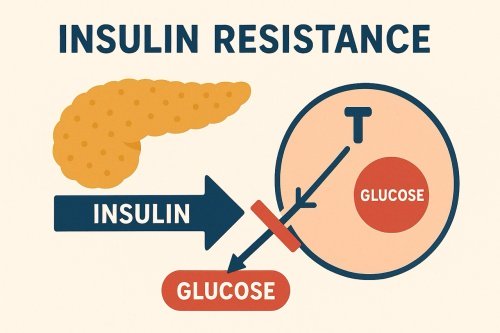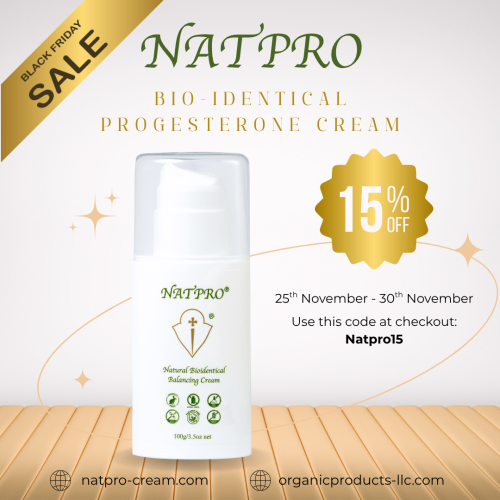Sarah
I have been suffering with almost every symptom on these pages, it seems. PCOS, anxiety, high blood pressure, bad cholesterol, among others. How wonderful it is to know that all of these problems may have one simple solution. It really makes a person wonder why some in the medical community who claim to have a genuine concern for their patients wouldn't want to use this therapy to assist those patients in achieving the well being that they so deserve.
That said, I am grateful that there is a place like this to offer much needed advice and instruction to those who cannot find it elsewhere, as quite frankly I am tired of prescription drugs.
My question now is, how much progesterone and at what frequency is recommended to achieve well being in the areas I have described above(high blood pressure, cholesterol and anxiety)?
Comments for Sarah
|
||
|
||
|
||
|
||
|
||
|
||
|
||
 Feeling tired, foggy, or struggling with stubborn weight gain—especially around the waist? You might be surprised to learn that these symptoms could be linked to insulin resistance, a condition that a…
Feeling tired, foggy, or struggling with stubborn weight gain—especially around the waist? You might be surprised to learn that these symptoms could be linked to insulin resistance, a condition that a… Are you struggling with irregular cycles, unwanted hair growth, or unexplained fatigue? You’re not alone. Polycystic Ovarian Syndrome (PCOS) affects up to 10% of women of reproductive age—and many mor…
Are you struggling with irregular cycles, unwanted hair growth, or unexplained fatigue? You’re not alone. Polycystic Ovarian Syndrome (PCOS) affects up to 10% of women of reproductive age—and many mor… While progesterone is often discussed in relation to reproductive health, emerging research reveals its remarkable role in supporting brain function and protecting against neurological decline. Proges…
While progesterone is often discussed in relation to reproductive health, emerging research reveals its remarkable role in supporting brain function and protecting against neurological decline. Proges… Incase you missed it!
Today is the last day for you to claim 15% off our Natpro 100ml Dispensers. The sale ends at midnight tonight.
How to Claim Your 15% Discount:
•Shop at
Incase you missed it!
Today is the last day for you to claim 15% off our Natpro 100ml Dispensers. The sale ends at midnight tonight.
How to Claim Your 15% Discount:
•Shop at